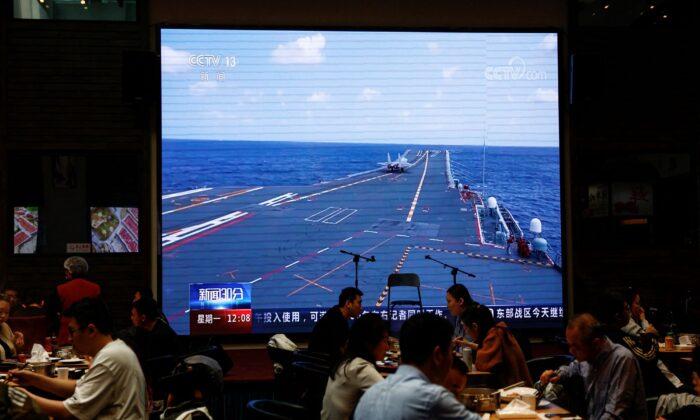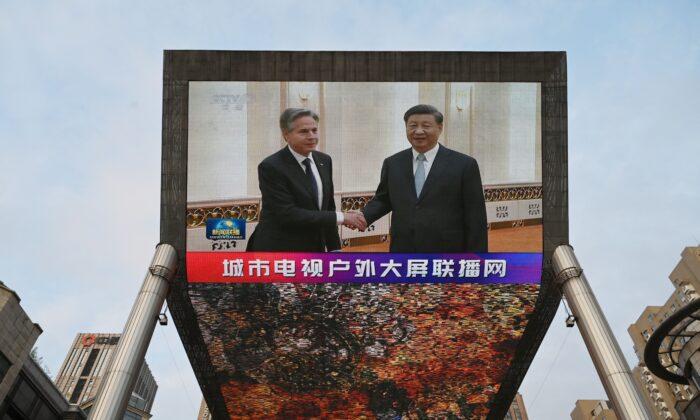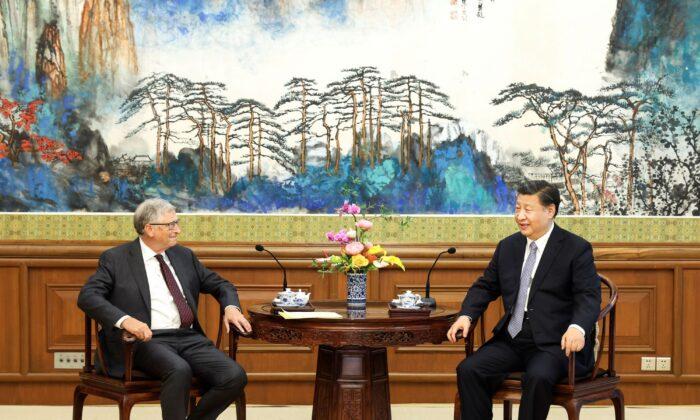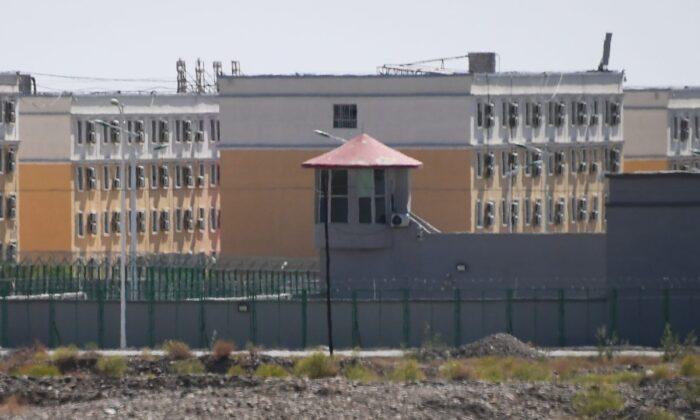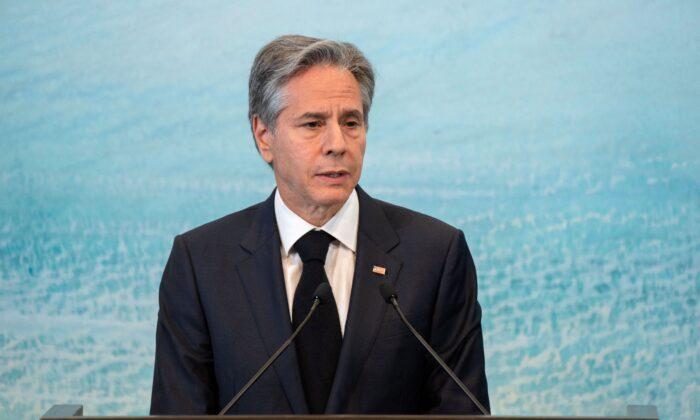As the Chinese invasion of Taiwan seems inevitable according to experts, James Gorrie, author of “The China Crisis,” has laid out reasons why Beijing sees Taiwan as a thorn in its side.
He said that as the Chinese regime is not a legitimate government, they rule out of fear and oppression.
Otherwise, he noted, “they wouldn’t have to have the security state, the surveillance state, the slave prison state that they have.”
As the island that the Chinese Communist Party (CCP) claims as its own territory is not ruled the same way, it is strategic to the Chinese that Taiwan proves to the Chinese people that the CCP really isn’t necessary. “So it’s an ideological thorn side,” he contended.

In terms of GDP per capita, the Taiwanese are doing much better than the Chinese in China, he noted.
The mainland Chinese would then raise questions: “Why should we have to do what the CCP says? Taiwan isn’t, and they’re doing great. Why can’t we do that?” he noted.
Taiwan is also a critical source of the global production capacity for semiconductors, which “China must have them and the rest of the world needs them as well,” he said.
“So there’s a very strategic component that is undeniably there,” the expert noted.
From another perspective, according to him, Taiwan is a military ally of the United States, and one could arguably say that it’s the keystone to the U.S. Asia Security pact.
“And that impinges on the CCP’s prestige and their claim of being all powerful and unapproachable,” he said.
Win Without a Shot
According to the expert, Beijing would prefer to take over Taiwan rather than launch a kinetic war.Wider Asia-Pacific War
If Taiwan falls into the hands of China, he said, “it may well trigger a wider Asia-Pacific war.”“So it has intended to deter Chinese aggression there … Japan is already doubling their defense budget, they’re restructuring their military, they’re developing their own military-industrial complex. They have said they want to arm other nations in the region. The Philippines has said much the same,” he added.
“So if a Taiwan invasion was successful, I would think that we could see a much wider conflict quickly.”
On the other hand, then the U.S. security assumptions underlying the region would get severely, severely damaged, according to him.
“I think there’s a demoralization strategy that the Chinese that Beijing is playing. They want to demoralize and have the Taiwanese and the rest of the Asia-Pacific think that the U.S. is no longer capable of defending them, much less willing to,” Gorrie said.
